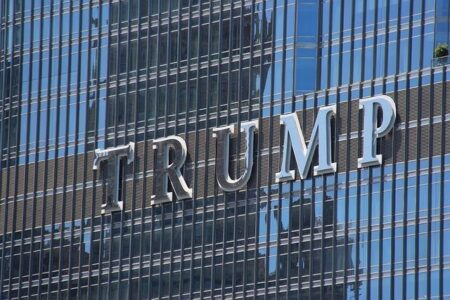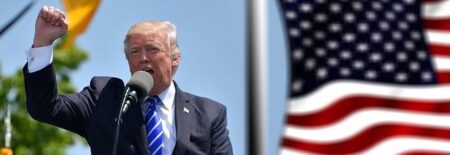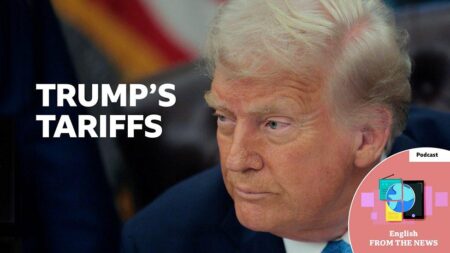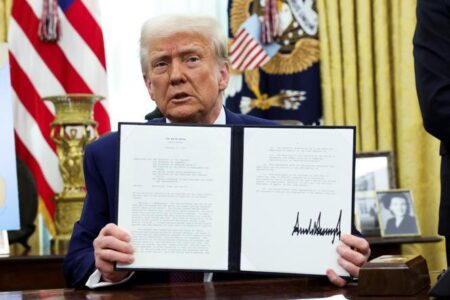Subscribe to Updates
Get the latest creative news from FooBar about art, design and business.
Browsing: economic news
U.K. inflation fell to 2.8% in February, offering a temporary reprieve for consumers and policymakers. However, analysts warn that factors such as rising energy costs and supply chain disruptions could drive prices up again shortly.
French stocks closed lower on Tuesday, with the CAC 40 index declining by 0.96%. Investor sentiment was dampened by global economic concerns, leading to a broad sell-off across major sectors, highlighting ongoing market volatility.
In today’s ForexLive Asia-Pacific FX news wrap, Bank of Japan Governor Kazuo Ueda addressed key monetary policy issues, underscoring the central bank’s commitment to maintaining its accommodative stance. His remarks influenced market sentiment, impacting the yen’s fluctuations.
Canada has officially canceled its proposed increase in the capital gains tax, a decision met with mixed reactions. Critics argued it could stifle investment, while supporters claimed it was necessary for equitable taxation. The government aims to focus on economic stability.
In a recent address, former President Donald Trump highlighted April 2 as “Liberation Day,” signaling the launch of a new round of tariffs. This announcement comes amidst ongoing trade tensions and aims to reshape economic strategies. Live updates will follow.
Brazil’s central bank has raised interest rates to their highest level since 2016, signaling a cautious approach towards future hikes. With inflation concerns in mind, officials indicate that smaller increases may be on the horizon to balance economic growth and stability.
Brazil’s Finance Minister has revised the estimated costs of a proposed tax exemption, lowering it to $4.75 billion. This adjustment aims to alleviate concerns over fiscal impact while stimulating economic growth, according to Reuters Canada.
In a surprising policy shift, President Trump announced he will not proceed with plans to double tariffs on certain imports from Canada. This reversal comes amid ongoing trade negotiations, signaling a potential thaw in U.S.-Canada relations.
U.K. stocks closed lower on Thursday, with the Investing.com United Kingdom 100 index declining by 0.93%. Market sentiment was dampened amid concerns over economic growth and inflation, reflecting a cautious outlook among investors.
In a surprising shift, former President Trump announced the reinstatement of 25% tariffs on Canadian metals, reversing previous statements. This move raises concerns about trade relations and could impact various industries reliant on Canadian imports.
BBVA has received regulatory approval to offer cryptocurrency services in Spain, marking a significant step in the bank’s digital strategy. This move underscores the growing acceptance of digital currencies within traditional banking frameworks.
U.K. stocks closed higher as the trading session wrapped up, with the Investing.com United Kingdom 100 index advancing by 0.02%. Investors remained cautious, reflecting broader economic concerns while seeking growth opportunities in key sectors.
Germany’s recent fiscal stimulus, termed a “spending bazooka,” is reshaping Eurozone dynamics, propelling the euro and increasing borrowing costs. This shift underscores the impact of national policies on broader European economic stability and inflation concerns.
Japan’s ruling party has proposed capping the tax rate on cryptocurrencies at 20%, aligning it with the tax rate for stocks. This move aims to stimulate investment in digital assets and enhance the country’s attractiveness in the evolving crypto landscape.
India may avoid the Trump administration’s tariffs set to begin on April 2, according to sources. Negotiations are ongoing, focusing on trade imbalances and tariffs on Indian goods, potentially allowing for exemptions or reduced rates.
Starting Tuesday, Trump’s tariffs on imports from Canada and Mexico will take effect, affecting a range of goods. Consumers could see rising prices on products such as steel, aluminum, and certain food items as costs increase along the supply chain.
Former President Trump announced that tariffs on imports from Canada and Mexico will proceed, indicating potential for additional taxes in the future. The announcement underscores ongoing trade tensions as negotiations continue between the nations.
Argentina’s monthly inflation rate slowed in January to its lowest level in over four years, providing a glimmer of hope for an economy plagued by soaring prices. Analysts view this development as a potential turning point amid ongoing economic challenges.
UK services inflation has unexpectedly declined, offering a positive signal for the Bank of England as it navigates economic challenges. This shift may ease pressure on policymakers, potentially influencing future interest rate decisions.
Australia’s jobless rate edged up in January despite a surge in employment opportunities, raising concerns among economists. While the labor market shows resilience, the increasing unemployment highlights underlying challenges in the country’s economic landscape.























